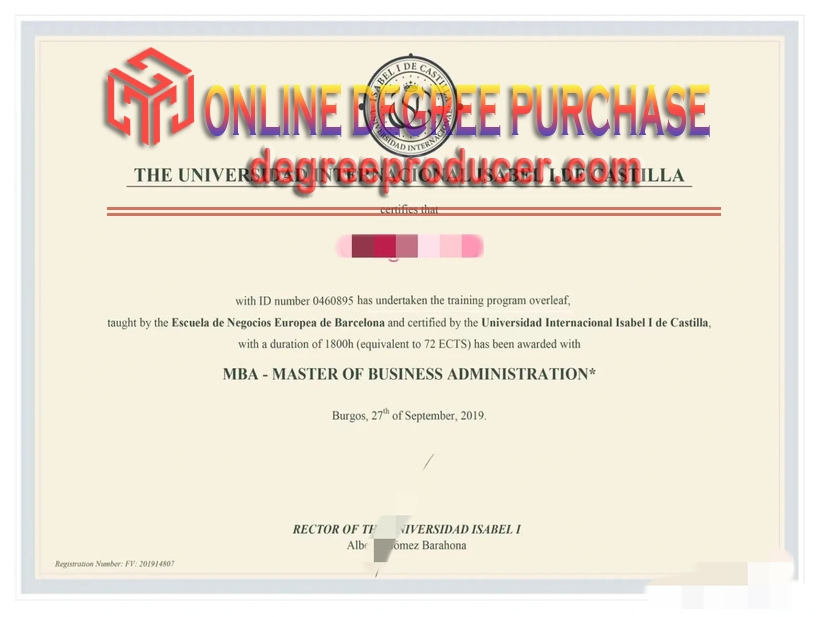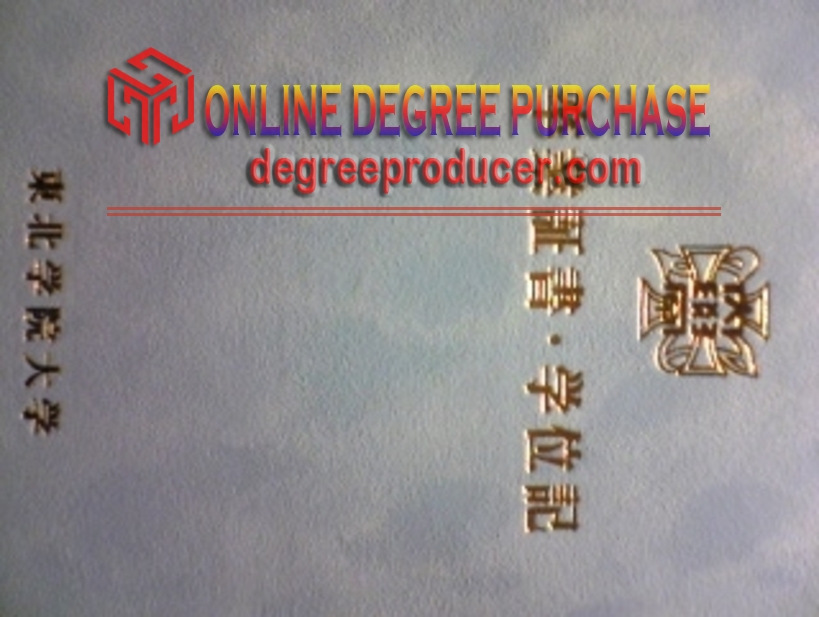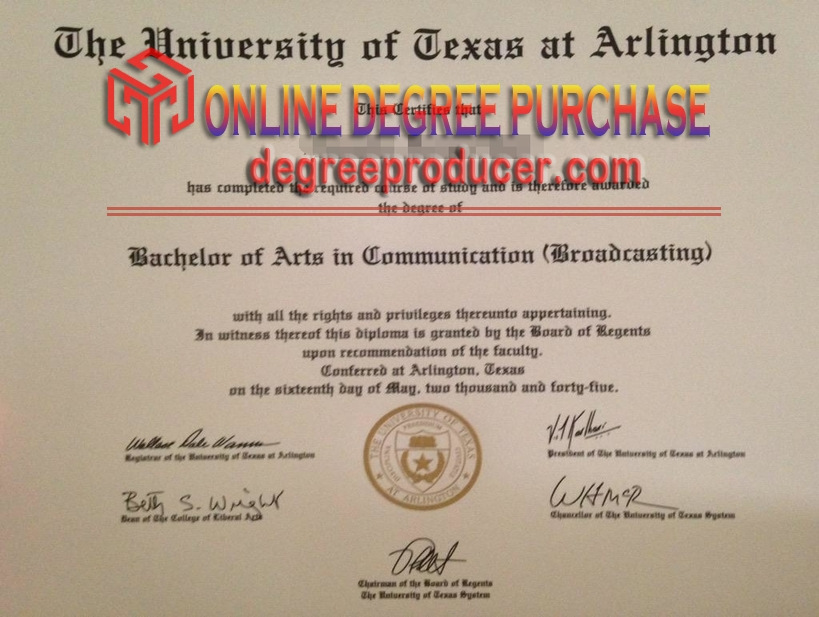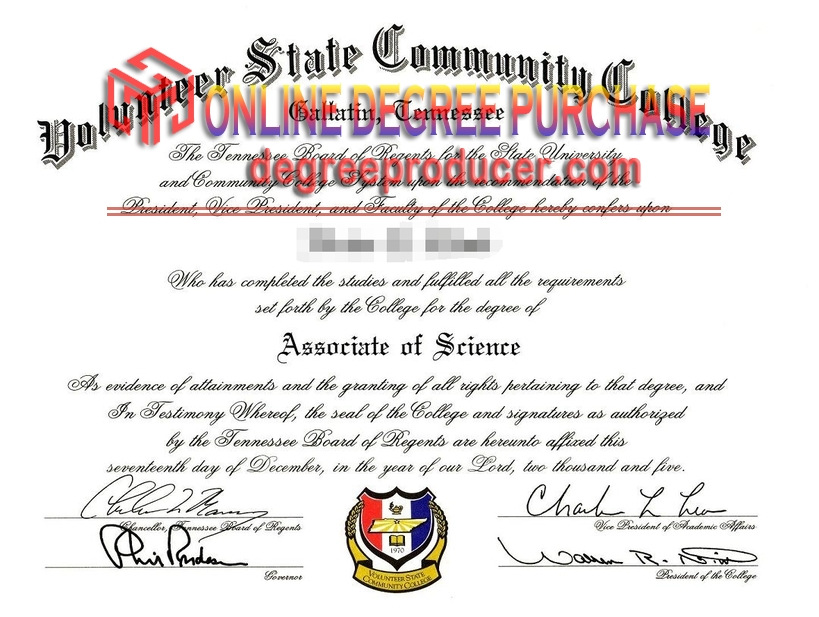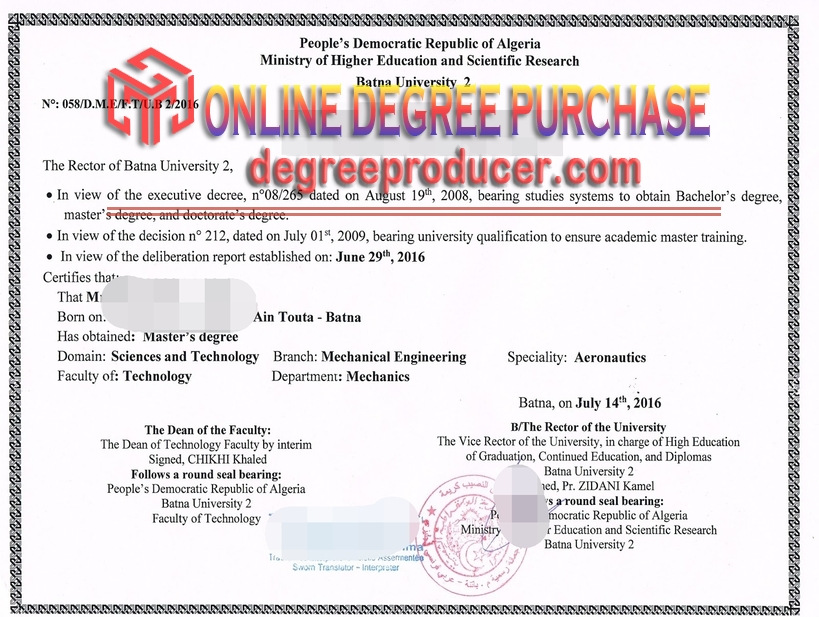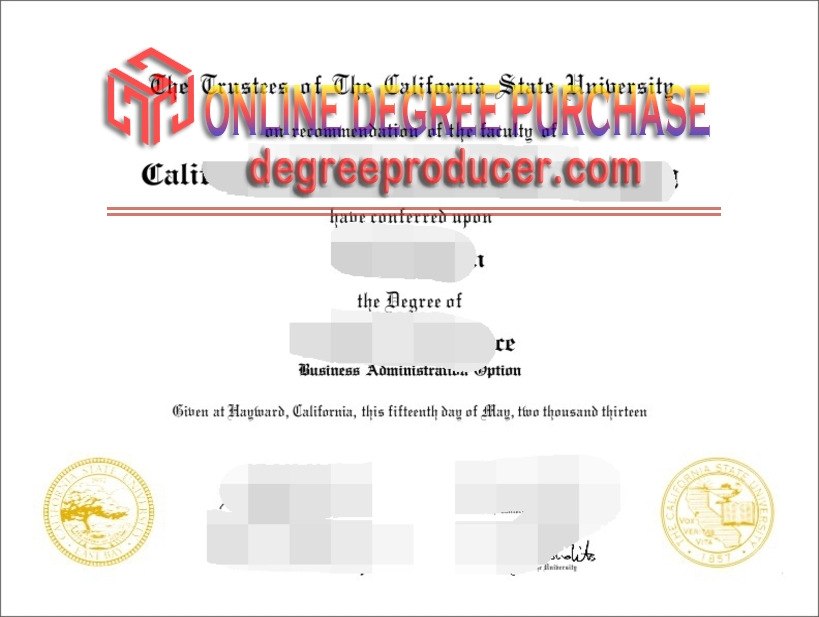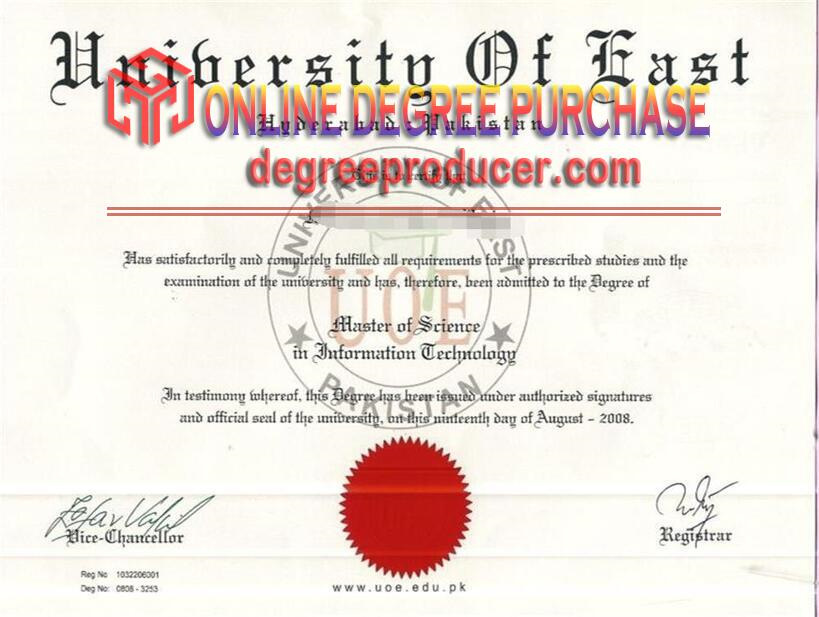Copy, Fake, and Yong in University Degree: How to Navigate the Modern Academic Landscape
Introduction
In today’s fast-paced world, obtaining a university degree is often seen as the key to unlocking career opportunities. However, the path to earning this prestigious title has become more intricate with the rise of "copy" , "fake" , and "Yong" in the academic realm. This blog post explores how these three elements intertwine and impact students seeking their university degrees.
Copy: The Art of Borrowing Ideas
One common practice in academia is to copy previously established theories or methodologies, which can be a powerful tool for advancing knowledge. Students frequently draw inspiration from earlier works, often refining them to fit new contexts. This process, known as "borrowing," helps build upon existing research and ensures that each contribution adds value to the field.
However, the challenge arises when students blur the line between borrowing and outright copying. Many resort to paraphrasing without proper attribution or directly reproducing s of text. The widespread use of online resources like Wikipedia further exacerbates this issue. To maintain academic integrity, it is crucial for students to cite sources meticulously and engage with multiple perspectives.
Fake: Academic Dishonesty in the Digital Age
Another notable trend is the prevalence of fake elements in university degrees. With the rise of digital tools, students can easily fabricate data or manipulate images to support their arguments. Plagiarism software like Turnitin helps detect copied content, but it doesn't always catch creative paraphrasing or visual manipulations.
Furthermore, some institutions have introduced online "degree mills" where students can earn a degree with minimal coursework. These programs often attract individuals seeking quick credentials without delving deeply into the subject matter. While convenient, these shortcuts may not provide the same level of academic rigor as traditional degrees.
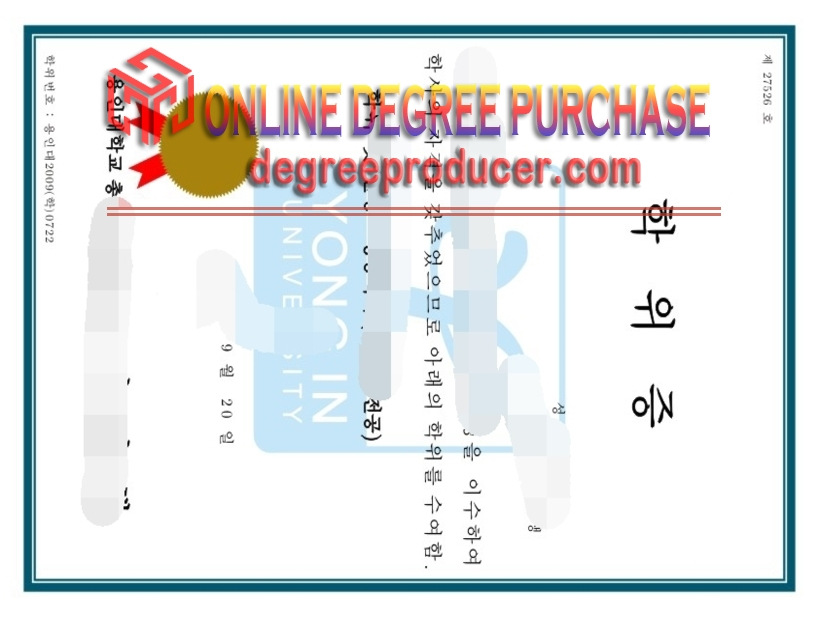
Yong: Young Enthusiasts Driving Change
Amidst the backdrop of copying and faking, Yong play a pivotal role in shaping the modern university experience. These students are often more tech-savvy and open to innovative learning methods. They embrace digital platforms like Coursera and edX, which offer flexible paths to earn micro-credentials or full degrees.
Additionally, younger generations tend to be more adaptable to change, readily adopting new technologies such as virtual reality for immersive learning experiences. This adaptability not only enhances their academic journey but also prepares them better for the evolving workforce.
Conclusion
In conclusion, Copy, Fake, and Yong are integral components of obtaining a university degree in today's landscape. By skillfully borrowing ideas from previous works while maintaining originality, students can stand out in an increasingly competitive environment. Navigating academic dishonesty requires vigilance but also presents opportunities for growth. Lastly, the enthusiasm and adaptability of young learners ensure that they remain at the forefront of innovation.
Through these three elements, students can successfully navigate the modern academic landscape and pave their way to a brighter future. Whether it's through borrowing ideas, overcoming academic challenges, or leveraging technological advancements, the journey toward earning a university degree is as dynamic as ever!
Image credits: [Example Image 1], [Example Image 2]
- By admin
- April 5, 2025

